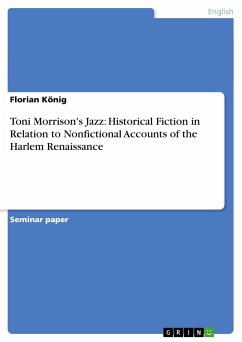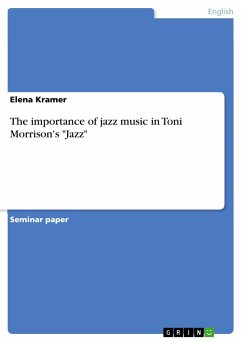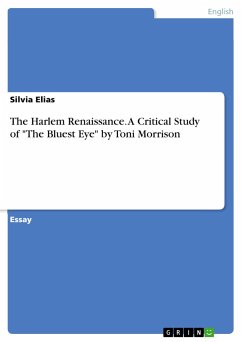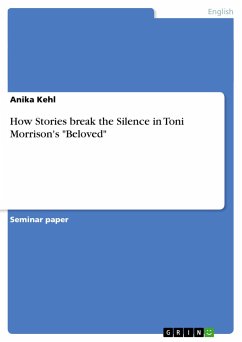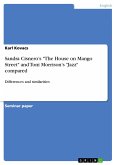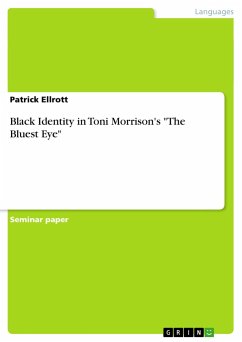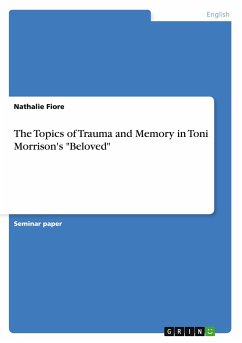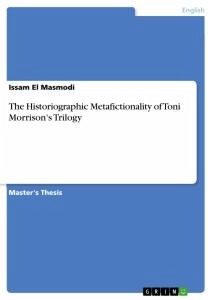Seminar paper from the year 2009 in the subject American Studies - Literature, grade: 1,3, http://www.uni-jena.de/, course: African America in the Historical Novel, language: English, abstract: "...who in novels characterized by visionary force and poetic import, gives life to an essential aspect of American reality".This statement by the Swedish Academy seems an appropriate description of Nobel Prize laureate Toni Morrison. Her novel Jazz, which was first published in 1992, is set in the Harlem of the 1920s and re-creates an "essential aspect" of African-American history - the Harlem Renaissance.[...] In this project on the subject of 'African America in the Historical Novel', I want to examine Morrison's fictional representation of the afrorementioned era in relation to nonfictional depictions provided by significant writers of this epoch who explored the implications of jazz (and the development of African-American culture) during the actual historical period in which Morrison's novel is set. Therefore, her own narrative approach to history will be compared to the views Harlem Renaissance contemporaries such as Alain Locke and F. Scott Fitzgerald articulated in their assessments of this particular epoch of (African-) American experience. Selected parts of the Survey Graphic's issue Harlem: Mecca of the New Negro edited by Alain Locke and foundation for his groundbreaking anthology The New Negro as well as Fitzgerald's notable essay Echoes of the Jazz Age2 will be taken into consideration when evaluating Morrison's historical reconstruction of how the Harlem Renaissance, or how Fitzgerald calls it, the "Jazz Age", shaped and expressed African-American identity.

